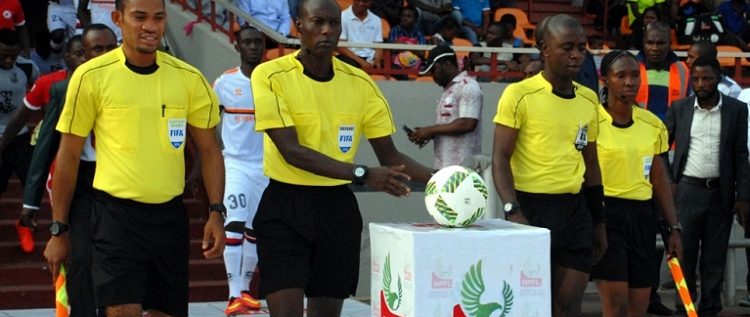Klopp and Pochettino have reminded English football what it does best
![]()
By Jonathan Wilson (Guardian UK)
English football has, of course, learned before about the dangers of hailing golden ages before they’ve hatched, but with four Premier League clubs in the last eight of the Champions League and a youthful national side playing with rare verve, it can reasonably be acknowledged that there is a profound sense of positivity and promise about the game. At least at the top end. And if you only look at what’s happening on the pitch. And you ignore the looming iceberg of Brexit.
A huge part of the reason for that is the two managers who will meet at Anfield on Sunday, Jürgen Klopp and Mauricio Pochettino, and not only because they have led their respective sides to European quarter-finals. It’s not just the players they have produced for the national side – four of Gareth Southgate’s squad for the wins over the Czech Republic and Montenegro play for Pochettino and three used to, while two play for Klopp. But for injuries, there would have been another two from Pochettino’s stable and one from Klopp’s, and that’s without counting Nathaniel Clyne and Adam Lallana who are now on the periphery but have played for both – it’s the way the managerial pair have changed the wider culture.
Both are, for want of a better term, modern managers in that their instinct is to the high press – albeit they come from different schools: Pochettino learned at the feet of Marcelo Bielsa, while Klopp is part of what might be called the Schwabian school of southern German thinkers heavily influenced by the ideas of Arrigo Sacchi. In that sense they are both part of the consensus that seems to have settled on top-flight football since the brief hegemony of Pep Guardiola’s Barcelona.
But what is perhaps most significant is the way both have found in the traditional muscularity of the English game the perfect environment for their ideas. A way of playing, the attitude that saw football primarily as a physical contest, that had come to seem faintly embarrassing, has been rehabilitated to the point that it now seems preferable to almost anything else.
After the Era of the Pass has come an age that is slightly harder to define or at least harder to encapsulate in a pithy phrase: the Era of the Recognition that Passing is Important, but So Too is Individual Ability and isn’t it All Better Really if it’s Played at Pace and with Physical Power?
Which is how it used to be before the Heysel ban, the absence of regular interaction with the highest levels of the European game and English football’s subsequent loss of self-confidence. In the self-flagellatory early-90s, seeking solutions after the misery of Euro 92 and the humiliation of failure to qualify for the 1994 World Cup, English football, devoid of faith in its own virtues, tried to leap aboard any passing bandwagon: the model to follow was Dutch. No, French! Spanish! German! Anything that wasn’t tainted by the dread hand of Charles Hughes and his ludicrous pseudoscience.
Which, of course, only added to the confusion, for there was much that was good about English football of the period that had nothing to do with Hughes or the most reductive interpretations of the long-ball game. That English clubs had dominated Europe in the late 70s and early 80s had been forgotten. It was possible to be physically imposing without being brutal or violent. You could be direct without just hoofing long balls into the corners or towards a giant centre-forward. As Pochettino said on taking the Southampton job, what was necessary was for English players “really to believe in their talent, their own inherent ability that is present in English footballers”.
The pressing that characterises the football of Klopp and Pochettino has, since the mid-60s, been key to the English game. Of course their football is not the same as that played by Liverpool or Nottingham Forest or Ipswich four decades ago, but it shares certain core principles. Watching Tottenham physically dominate Juventus last season (while still losing) or Liverpool overwhelm opponent after opponent in Europe is to be reminded of the dynamic of an earlier age.
Leaving aside the irony that it has taken a German and an Argentinian to remind English football of what it does best, that perhaps explains why matches between the two have so frequently been so engaging and so tight. Klopp leads three wins to one after eight meetings but there is only one goal between them.
For Liverpool, Sunday is the highest hurdle still remaining this season. Get over this with three points and assume that Chelsea wilt yet again in a big away game in a fortnight, and the sense will be that Manchester City cannot afford any slip-ups in the run in. Falter against Tottenham, though, and City may not have to beat both Spurs and Manchester United in their Easter of destiny.
But it is also more generally a celebration of the dawning new era of English football, the philosophy that underpins it and two of the managers who have made it possible.



